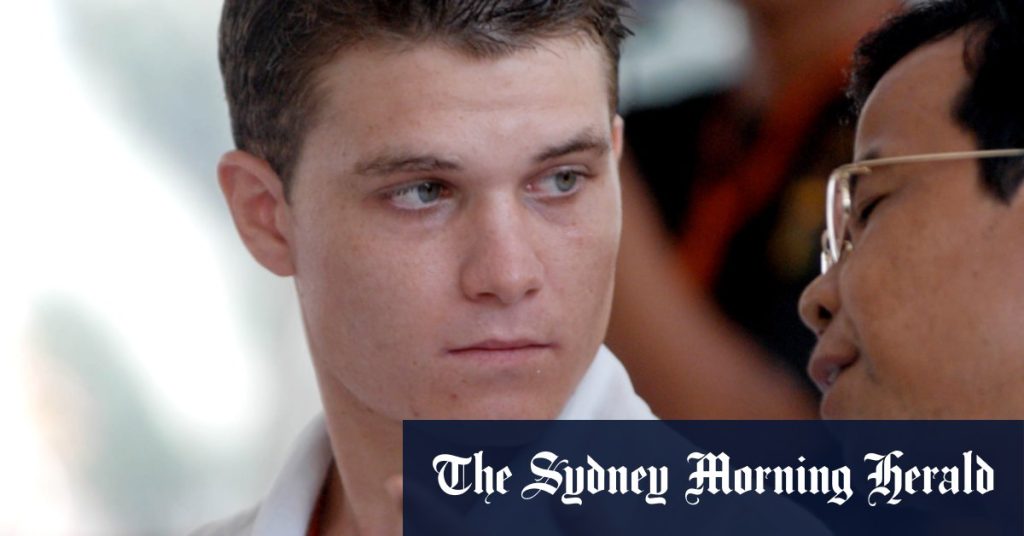The return of the remaining members of the Bali Nine to Australia after nearly two decades of imprisonment in Indonesia for drug smuggling has been met with a mixture of relief, compassion, and caution. Prime Minister Anthony Albanese acknowledged the gravity of their crime while expressing gratitude for their repatriation, emphasizing that the families of the returned men were relieved to have their sons back home. The men, who served lengthy sentences for their involvement in a heroin smuggling operation, have paid a “serious price” for their actions, according to Albanese. Their return marks the end of a long and difficult chapter, not only for the individuals involved but also for their families and the Australian public.
The reintegration of these men into Australian society after such a prolonged period of incarceration presents a significant challenge. John Harris, a lawyer representing Martin Stephens, highlighted the complexities faced by both the returning men and their families. He emphasized the need for understanding and support as they navigate the process of rebuilding their lives in a changed environment. The men have been away from Australia for a significant portion of their lives, and the country itself has undergone considerable transformation during their absence. The families, too, have changed, and the dynamics within these family units will require careful navigation and adjustment. The challenges extend beyond the emotional and psychological; practical aspects of reintegration, such as finding employment and housing, will also require attention.
The long years of imprisonment have taken a toll on the men, both physically and mentally. Dr. Agung Hartawan, the Kerobokan Prison doctor who cared for the Bali Nine throughout their incarceration, expressed joy at their release while also acknowledging the difficulties they will face. He emphasized the significant adjustments required to adapt to life outside prison walls after such an extended period. The simple act of taking a proper shower, something taken for granted by most, becomes a significant event after 20 years without access to such basic amenities. Dr. Hartawan’s words underscore the profound impact of prolonged incarceration and the need for sensitivity and support during the reintegration process.
The Australian government has acknowledged the rehabilitation process that lies ahead for the returned men. Education Minister Jason Clare emphasized the time and effort required for reintegration after such lengthy prison sentences. The government has indicated that the normal visa processing requirements will apply if the Indonesian wives of Matthew Norman and Martin Stephens wish to join them in Australia. NSW Premier Chris Minns expressed relief at their return and anticipated their eventual return to NSW, while acknowledging the uncertainty surrounding their future. The focus now shifts towards providing the necessary support and resources to facilitate their successful reintegration.
Opposition Leader Peter Dutton, while acknowledging the families’ relief, cautioned against viewing the men as heroes. He emphasized the seriousness of their crime and the devastating impact of heroin. Dutton’s message to young Australians was clear: poor decisions can have severe and long-lasting consequences. He referenced his conversations with Prime Minister Albanese about the men’s return, indicating a bipartisan approach to the issue. While acknowledging the personal relief for the individuals and their families, Dutton underscored the importance of remembering the harm caused by drug trafficking. He stressed the need to balance compassion with a firm stance against drug-related crimes.
The return of the remaining Bali Nine members concludes a complex and sensitive chapter in Australian-Indonesian relations. Prime Minister Albanese attributed their release to an act of compassion by Indonesian President Prabowo, expressing gratitude for the decision. He denied any “payback arrangement” with Indonesia, framing the release as a humanitarian gesture. The executions of Andrew Chan and Myuran Sukumaran in 2015, along with the release of Renae Lawrence in 2018 and the death of Tan Duc Thanh Nguyen from cancer in the same year, serve as stark reminders of the severe penalties associated with drug trafficking in Indonesia. The return of the remaining members signifies a degree of closure for all involved, while also highlighting the ongoing challenges of international drug law enforcement and the complexities of rehabilitation and reintegration after lengthy periods of incarceration.

